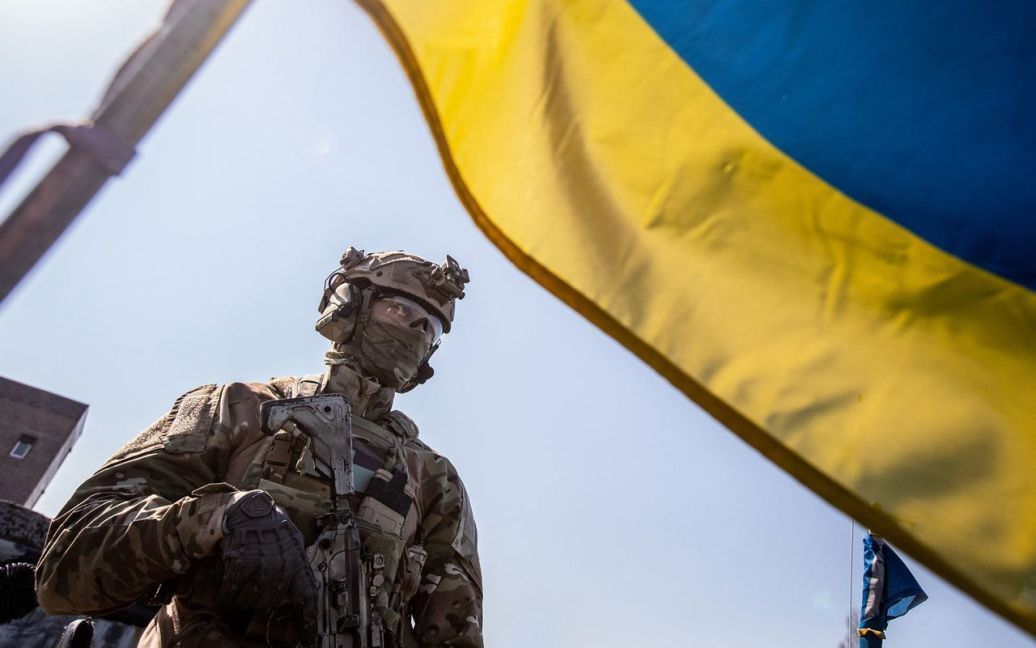Lawyer
Legal regulation of the use of mercenaries in military conflicts
The issue of the legal status and use of mercenaries during armed conflicts is extremely relevant and complex. Consulting a lawyer on this issue can be critical to understanding the legal implications of involving foreign mercenaries in military operations.
According to international humanitarian law, mercenaries are not considered combatants and do not have the right to directly participate in hostilities. An analysis of international law documents provides grounds for a legal conclusion that mercenaries do not enjoy the protection provided for prisoners of war under the Geneva Convention of 1949.
According to Additional Protocol I to the 1977 Geneva Conventions, a mercenary is defined as a person who: a) is specifically recruited locally or abroad to participate in an armed conflict; b) participates in hostilities, motivated mainly by the desire to obtain personal benefit; c) is neither a citizen of a party to the conflict nor a person who does not permanently reside in the territory controlled by a party to the conflict.
Mercenaries take illegal part in an armed conflict and can be prosecuted only for the very fact of such participation. Unlike combatants, they are not citizens or soldiers of a belligerent state.
The attitude towards mercenary in the world is negative, but international law defines it very narrowly. The goal is not to prohibit foreigners from serving in the army of another country, but to minimize the participation in hostilities of persons who have nothing to do with the conflict. This principle is especially important in internal conflicts and civil wars.
Proving the fact of mercenary in a classic international conflict, as in Ukraine, is very difficult. Russia tries to distort the role of the participants in hostilities, calling them mercenaries, although they do not fall under the relevant criteria of the Geneva Conventions.
According to the conventions, a mercenary is a foreigner specially recruited to participate in an armed conflict in a territory where he does not live. He must also fight outside the ranks of regular troops. Therefore, foreigners in the armed forces, in particular the International Legion, are not mercenaries.
Russia baselessly accuses of hiring foreign prisoners of war and even humanitarian volunteers from Ukraine, opening criminal cases under the corresponding article.
The lawyer's legal opinion should be based on the fact that Ukraine is not a party to Additional Protocol I, but has undertaken certain obligations regarding the treatment of mercenaries in accordance with the norms of international law also we must use a legal analysis of the situation
and written consultation. At the same time, the recruitment and use of mercenaries during the war can be qualified as mercenary according to the Criminal Code of Ukraine.
Thus, the issue of legal regulation of the use of mercenaries in military conflicts requires careful legal analysis in view of the norms of international humanitarian law and national legislation. Ensuring compliance with relevant legal norms in this area is an extremely important task for lawyers.





























